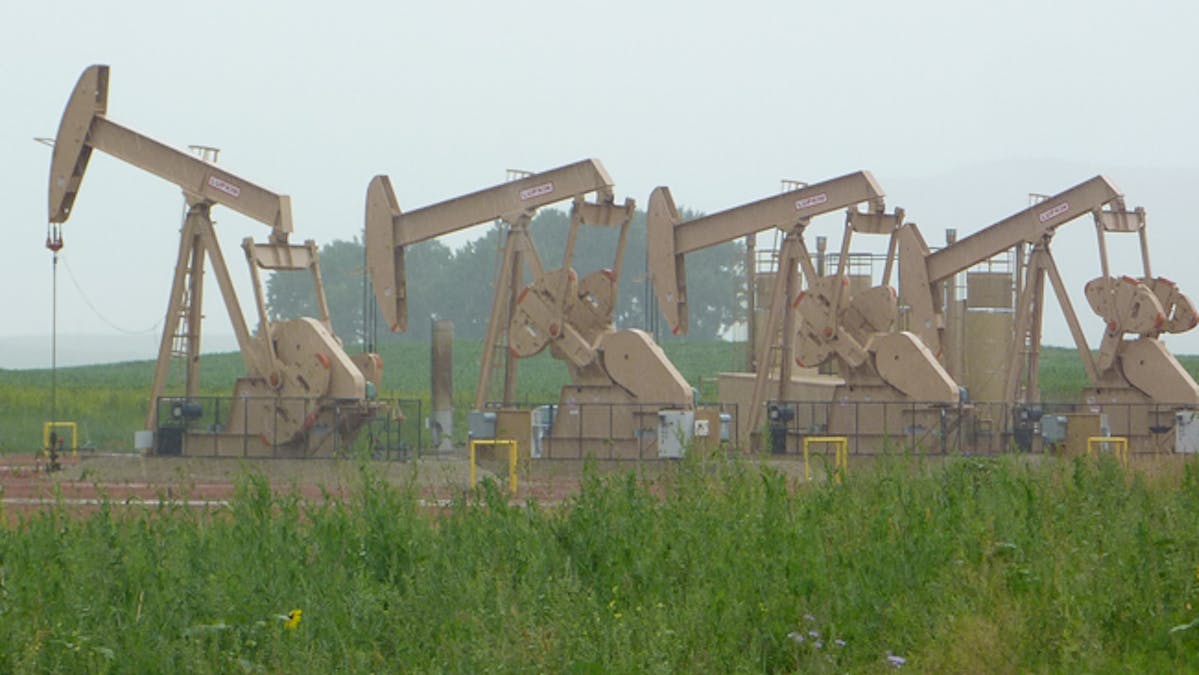Report
GAO: Actions Needed to Improve BLM’s Royalty Relief Policy
The Congressional watchdog finds that Bureau of Land Management oil and gas royalty relief may have gone to companies that would not have shut down their wells without the aid.

The Congressional watchdog finds that Bureau of Land Management oil and gas royalty relief may have gone to companies that would not have shut down their wells without the aid.
On October 6th, GAO's Frank Rusco delivered a testimony before the U.S. House's Natural Resources Committee. In his statement, he shared the results of a GAO study on the Bureau of Land Management (BLM)'s temporary policy to provide oil and gas companies relief from royalties that they owe to the federal government when they sell oil and gas produced on federal lands. This policy was launched in spring 2020 in reaction to falling domestic oil prices due to the COVID-19 pandemic.
In their study, the GAO finds that royalty relief may have gone to companies that would not have shut down their wells without the aid. In such cases, BLM’s temporary royalty relief cost the federal government and states in forgone revenues but may not have had the effect of keeping wells operating and preventing the loss of unrecoverable oil and gas resources. As a result, the benefits of the temporary royalty relief are unknown.
GAO makes two recommendations based on their results: (1) BLM should evaluate the effects of its temporary royalty relief policy and use the results to inform its ongoing royalty relief program, and (2) BLM should update its guidance to provide consistent policies for royalty relief.
The U.S. Government Accountability Office (GAO) is an independent, nonpartisan agency that works for Congress. Often called the "congressional watchdog," GAO examines how taxpayer dollars are spent and provides Congress and federal agencies with objective, reliable information to help the government save money and work more efficiently.